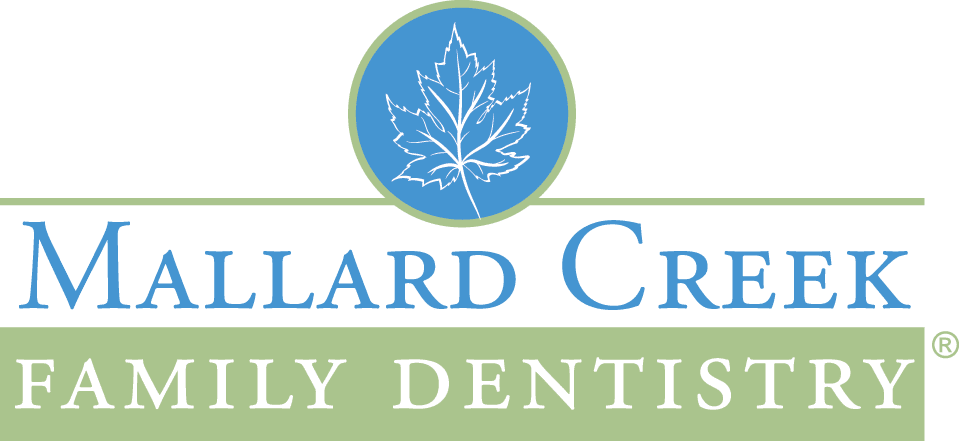Getting a dental crown is a significant step in restoring the health and function of your tooth. Whether it’s to protect a weakened tooth, restore a broken one, or improve appearance, crowns offer long-term durability. But like any dental work, they require proper care to ensure longevity and prevent complications. If you’ve recently had a crown placed or are preparing for one, understanding how to care for it is key to maintaining both the crown and your overall oral health.

Be Mindful Right After the Procedure
Immediately after your crown is placed, your mouth may feel slightly different. There could be mild sensitivity or discomfort, especially if anesthesia was used. It’s important to avoid eating until the numbness completely wears off to prevent accidentally biting your cheek or tongue. Once sensation returns, stick to soft foods for the first day. Avoid sticky, chewy, or hard items that could dislodge a new crown or put pressure on the tooth as it settles.
If you’ve received a temporary crown before a permanent one is placed, be even more cautious. Temporary crowns aren’t as durable and can come off more easily. Try chewing on the opposite side of your mouth and avoid flossing in a way that might tug at the crown. Your dentist will usually recommend sliding the floss out rather than pulling it up between the teeth to prevent dislodgement.
Establish Gentle, Consistent Oral Hygiene
Maintaining excellent oral hygiene is vital. While the crown itself cannot decay, the tooth underneath it still can, particularly at the margin where the crown meets the gumline. Brush your teeth twice a day with a fluoride toothpaste, and don’t neglect flossing. Use gentle motions to avoid irritating the gums around the crown. An antimicrobial mouthwash can also help reduce plaque buildup and maintain gum health.
Using a soft-bristled toothbrush is advised, especially if your gums are sensitive following the crown placement. Be careful not to brush too aggressively, which can damage both your gums and the crown edges. If you notice bleeding or sensitivity persisting beyond a few days, consult your dentist to rule out any underlying issues.
Watch What You Eat
Even though crowns are made from strong materials like porcelain or metal, they’re not indestructible. Hard foods like ice, nuts, or hard candies can crack or chip the crown. Sticky foods such as caramel or chewing gum can loosen it over time. Try to avoid habits like chewing on pens or using your teeth to open packaging, as these can also damage the crown.
If you grind or clench your teeth at night, a condition known as bruxism, talk to your dentist about getting a night guard. Grinding puts excessive pressure on the crown and can lead to fractures or early failure. A custom-fitted night guard could protect not only your crown but your entire mouth from the damaging effects of bruxism.
Stay Aware of Changes
After the initial healing period, your crown should feel like a natural part of your mouth. If you notice any changes, such as pain when biting down, sensitivity to hot or cold, or the crown feeling loose, make an appointment with your dentist. A properly fitted crown shouldn’t cause discomfort, so any unusual sensations warrant evaluation.
Crowns can last anywhere from five to fifteen years, often longer with good care. However, regular dental checkups are essential for spotting problems early. Your dentist will monitor the condition of your crown and the surrounding tissue to ensure everything remains healthy and functional.
Commit to Regular Dental Visits
Even with the best at-home care, professional monitoring is indispensable. Regular cleanings and exams help prevent problems from developing around the crown and ensure that your oral health is on track. If you’ve had a crown placed as part of treatment for decay or a root canal, your dentist will pay close attention to the treated tooth during checkups.
Dental Crown Care in Charlotte, NC
At Mallard Creek Family Dentistry, our job isn’t finished when you leave the chair. We are committed to helping our patients both achieve and maintain a healthy smile. If you’ve recently gotten a dental crown, proper aftercare is crucial. Contact our office today to schedule a consultation and learn more about how to care for your dental restorations.
